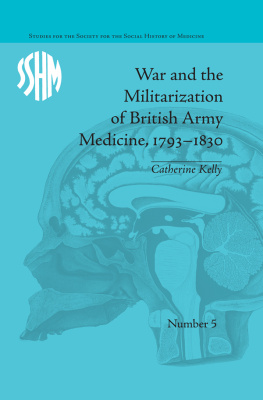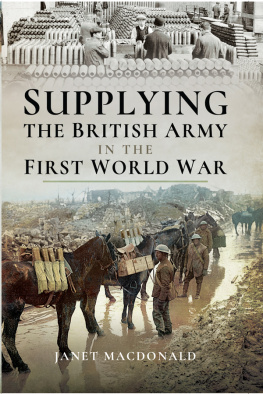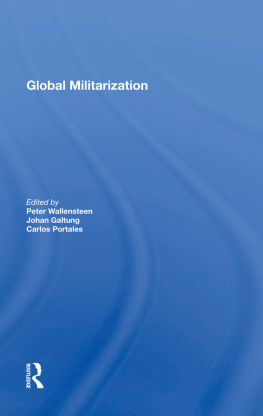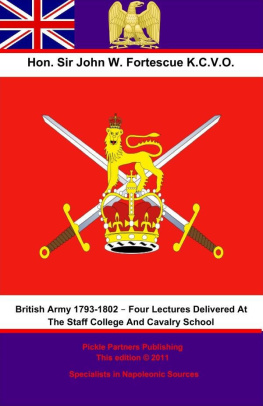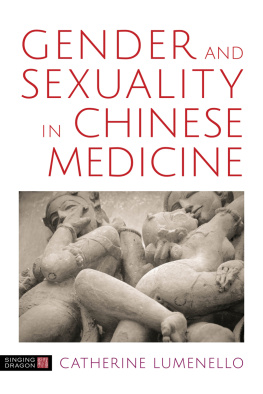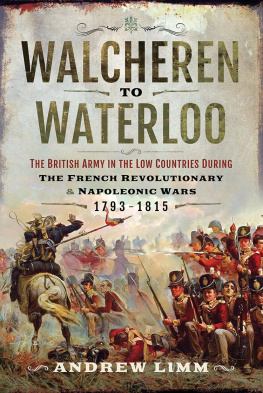War and the Militarization of British Army Medicine, 17931830
S TUDIES FOR THE S OCIETY FOR THE S OCIAL H ISTORY OF M EDICINE
Series Editors: David Cantor
Keir Waddington
T ITLES IN THIS S ERIES
1 Meat, Medicine and Human Health in the Twentieth Century
David Cantor, Christian Bonah and Matthias Drries (eds)
2 Locating Health: Historical and Anthropological Investigations of Place and Health
Erika Dyck and Christopher Fletcher (eds)
3 Medicine in the Remote and Rural North, 18002000
J. T. H. Connor and Stephan Curtis (eds)
4 A Modern History of the Stomach: Gastric Illness, Medicine and British Society, 18001950
Ian Miller
First published 2011 by Pickering & Chatto (Publishers) Limited
Published 2016 by Routledge
2 Park Square, Milton Park, Abingdon, Oxon OX14 4RN
711 Third Avenue, New York, NY 10017, USA
Routledge is an imprint of the Taylor &Francis Group, an informa business
Taylor & Francis 2011
Catherine Kelly 2011
All rights reserved, including those of translation into foreign languages. No part of this book may be reprinted or reproduced or utilised in any form or by any electronic, mechanical, or other means, now known or hereafter invented, including photocopying and recording, or in any information storage or retrieval system, without permission in writing from the publishers.
Notice:
Product or corporate names may be trademarks or registered trademarks, and are used only for identification and explanation without intent to infringe.
BRITISH LIBRARY CATALOGUING IN PUBLICATION DATA
Kelly, Catherine, 1974
War and the militarization of British Army medicine, 17931830. (Studies for
the Society for the Social History of Medicine)
1. Medicine, Military Great Britain History 18th century. 2. Medicine,
Military Great Britain History 19th century. 3. Great Britain. Army
Medical personnel History 18th century. 4. Great Britain. Army Medical
personnel History 19th century. 5. Physicians Great Britain History
19th century. 6. Medicine Great Britain History 19th century. 7.
Napoleonic Wars, 18001815 Medical care. 8. Medicine, Military France
History 18th century.
I. Title II. Series
616.98023094109033-dc22
ISBN-13: 978-1-84893-183-1 (hbk)
Typeset by Pickering & Chatto (Publishers) Limited
Contents
This project would never have been completed without the very generous support of the Wellcome Trust, and the support, inspiration and guidance I found at the Wellcome Unit for the History of Medicine in Oxford. First and foremost thanks must go to Mark Harrison who sparked my interest in the medicine of this period with an evocative description of the activities of Charles Maclean. Throughout my doctoral studies, and in the revision and extension of the manuscript for publication, he was an endless source of advice, reassurance, and inspiration. Margaret Pelling has been enormously generous with her time and advice and always made me think harder. I am particularly grateful to Joanna Innes, and Laurence Brockliss who shared with me their insights into the medicine, army, and politics of the Napoleonic Wars. This volume has benefited greatly from the comments and suggestions of Harold Cooke, Lisa Rosner, Geoffrey Hudson and Keir Waddington. My thanks also to Carol Brady and Belinda Michaelides who went out of their way on countless occasions to assist me.
In the course of my research I have incurred many debts to numerous colleagues and friends. I was extremely fortunate to have been provided with a home in London by Shankari Chandran whose support in all endeavours over the past twenty years has been invaluable. Similarly, numerous research trips were made possible by Jessica Sansom, Lyndon Coppin, Nerilee Telford, Davinia Caddy, Chris Bradley, Isabel Back, and Lynette Basha, who all welcomed me into their homes on many occasions. I am also very grateful to Erica Charters, Merridee Bailey, Gaurav Gaiha, Imogen Goold, Ryan Johnson and Rod Nicholls for their comments, suggestions, support and friendship. For help with my French, thanks must go to Gemma Betros. I am also indebted to the often anonymous staffand archivists of The Wellcome Library, The British Library, The Bodleian Library, The National Archives, The University of Glasgow, and the Apothecaries Hall for the efficient, helpful, and vital service they have provided.
To my grandparents Tom and Joan Kelly, Rita King, and my great-aunt Florence Jackson, my sister Jane and brother Tim, and especially to my parents, Barbara and John, I will be eternally grateful for the love, opportunities, and encouragement they have given me all my life. More recently, I have been lucky to have the love and partnership of my husband, Jason, who I met close to the beginning of this project and who has supported me in many important ways throughout. And to my daughter Tabitha, who I met near the end, for everything she has brought into my life.
The following abbreviations have been used throughout the volume:
| AMB | Army Medical Board |
| AMD | Army Medical Department |
| Wars | The French Revolutionary and Napoleonic Wars |
Original spelling and punctuation have been retained in quotations; sic has been used only where the original quotation could suggest an error of accuracy.
The terms inquiry and enquiry were used interchangeably during the period under consideration. With the exception of the body given the official title The Commissioners of Military Enquiry, in all cases inquiry has been used.
During the French Revolutionary and Napoleonic Wars, British doctors travelled in unprecedented numbers to foreign and often exotic locations where they were confronted with battlefield injuries, virulent and mysterious diseases and complex military politics that few had encountered before. These experiences changed the way they viewed their profession, the nature of disease and the types of treatment that were effective. This book makes a departure from histories which depict their work as bloody, violent and futile, to examine instead how nearly twenty five years of sustained warfare affected the professional identity embraced by those doctors and thoroughly militarized their approach to medicine. I argue that the philosophy they came to embrace that military medicine was a specialized field was not only important to the practice of medicine within the British army, but also had significant implications for the development of medicine in nineteenth-century Britain.
Throughout the following chapters a handful of senior medical officers feature prominently as their influence on the development of military medicine is traced through their participation in campaign after campaign from 1793 to 1815. These men headed a department which expanded tenfold over the course of the Wars, providing vital opportunities for experiment and implementation of new ideas. It housed a large pool of medical recruits eager to learn and get ahead. In 1789, 152 medical officers were serving with the department; by 1814 this number had risen to 1,274. Over the entire period, 2,834 medical officers were recruited. By 1800, it was not uncommon for aspiring doctors to begin their medical education with the goal of securing employment in the military. The engagement of such a significant proportion of not just one but two generations of British medical practitioners in these Wars produced a large professional group who considered that they practised a previously unarticulated specialty in military medicine, and who viewed themselves as military medical officers, distinct from, and in many ways superior to, their civilian colleagues.

